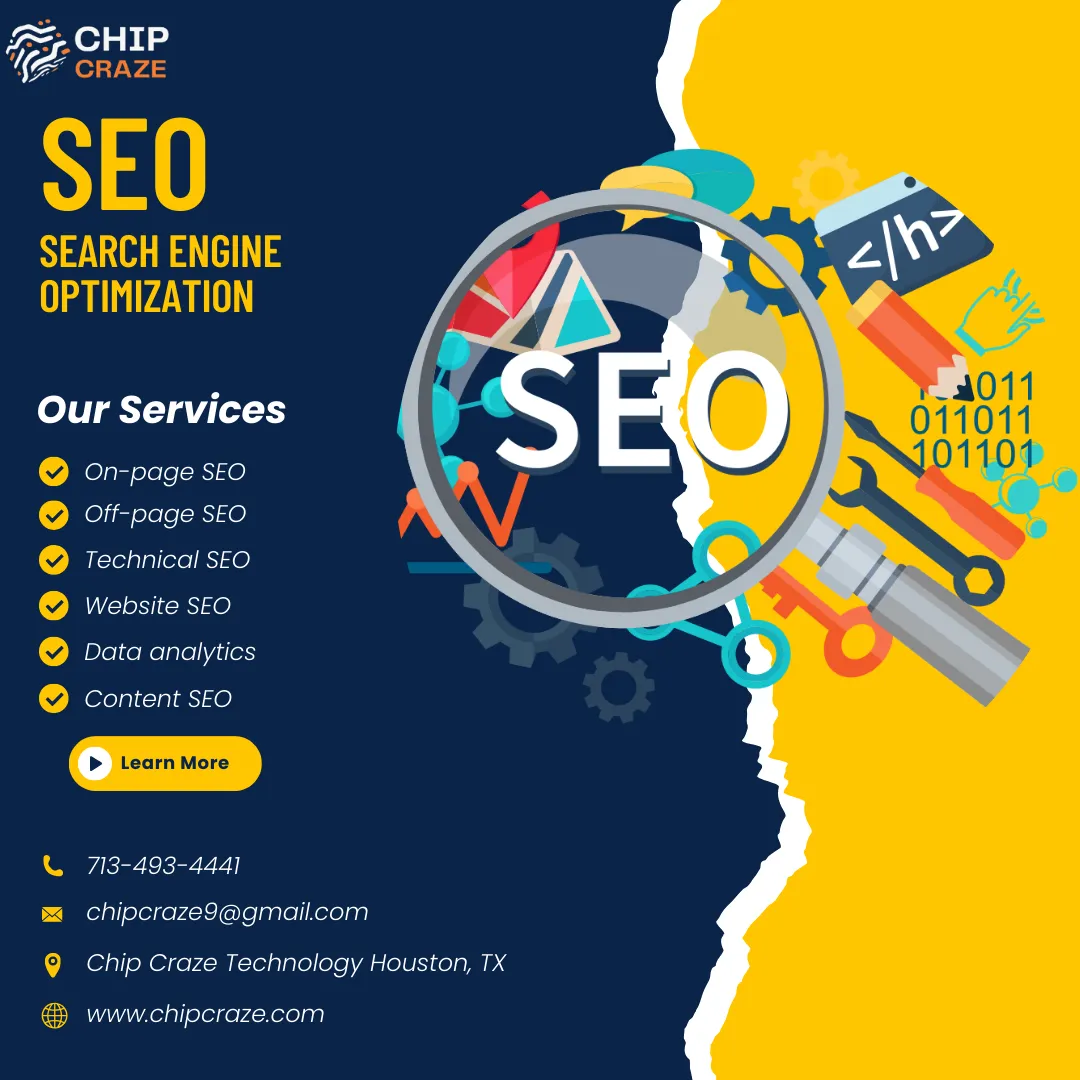
In today’s digital-first world, having a fast, responsive website is critical for success. Not only does a well-performing website enhance user experience, but it also plays a significant role in improving your search engine rankings. Search engines like Google prioritize fast-loading websites, making website performance optimization a crucial aspect of SEO. In this blog post, we’ll explore effective strategies for optimizing website performance to boost your SEO and ensure your site delivers a top-notch user experience.
Why Website Performance Matters for SEO
Website performance directly impacts several key SEO factors, including:
- User Experience: A fast website keeps users engaged, reducing bounce rates and increasing the time they spend on your site. Google considers user engagement metrics when ranking websites.
- Crawl Efficiency: Search engine bots can crawl and index a fast website more efficiently, ensuring your content is updated in search results more quickly.
- Mobile Usability: With the majority of users accessing websites via mobile devices, performance on mobile is crucial. Google’s mobile-first indexing makes mobile optimization a priority for SEO.
Key Strategies for Optimizing Website Performance
- Minimize HTTP Requests:
- Each element on a webpage, such as images, scripts, and stylesheets, requires an HTTP request. Reducing the number of these requests speeds up page load times. Combine files where possible, use CSS sprites for icons, and remove unnecessary plugins and scripts.
- Optimize Images:
- Images can significantly slow down a website if not optimized. Use appropriate formats (JPEG for photos, PNG for graphics with transparency), compress images to reduce file sizes, and implement responsive images to serve the correct size for different devices.
- Enable Browser Caching:
- Browser caching stores static files on a user’s device, so they don’t need to be reloaded with every visit. Set an appropriate cache expiration date for different types of content to improve repeat visit performance.
- Use Content Delivery Networks (CDNs):
- CDNs distribute your website’s static files across multiple servers worldwide, reducing the distance between the user and server. This results in faster load times, especially for users geographically distant from your primary server.
- Minify CSS, JavaScript, and HTML:
- Minification removes unnecessary characters from code, such as spaces, comments, and line breaks, reducing file sizes. Tools like UglifyJS for JavaScript, CSSNano for CSS, and HTMLMinifier for HTML can automate this process.
- Implement Lazy Loading:
- Lazy loading delays the loading of non-essential resources, such as images and videos, until they are needed. This reduces initial page load time and improves performance, especially on pages with a lot of media content.
- Optimize Server Response Time:
- Your server’s response time affects how quickly your web pages load. Optimize your server by using reliable hosting, reducing resource-intensive processes, and enabling server-side caching.
- Use Asynchronous Loading for JavaScript:
- Asynchronous loading allows JavaScript to load in the background, preventing it from blocking the rendering of the page. This ensures that essential content loads quickly, improving perceived load times.
- Implement Accelerated Mobile Pages (AMP):
- AMP is an open-source framework that creates fast-loading, mobile-optimized content. Implementing AMP can significantly improve mobile performance and is favored by Google for mobile search results.
- Monitor Performance Regularly:
- Use tools like Google PageSpeed Insights, GTmetrix, and Lighthouse to regularly monitor your website’s performance. These tools provide actionable insights and recommendations to help you maintain optimal performance.
Conclusion
Optimizing website performance is not just about providing a better user experience; it’s also a crucial component of effective SEO. By implementing these strategies, you can ensure that your website loads quickly, engages users, and ranks higher in search engine results. At Chip Craze, we understand the importance of a fast, efficient website and are here to help you optimize your site for the best possible performance. Embrace these practices, and watch your SEO and user satisfaction soar.








